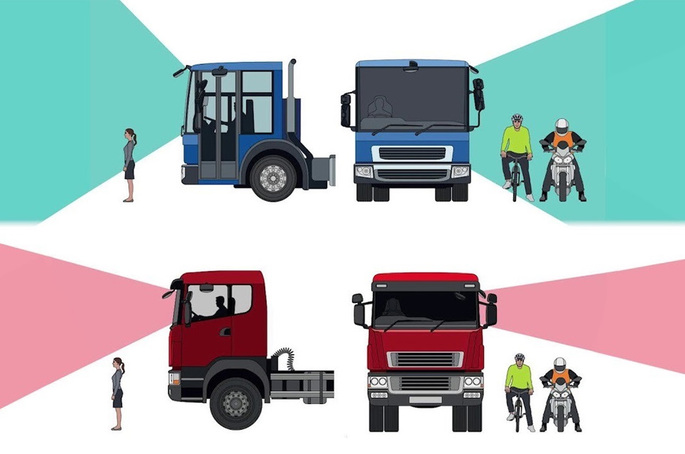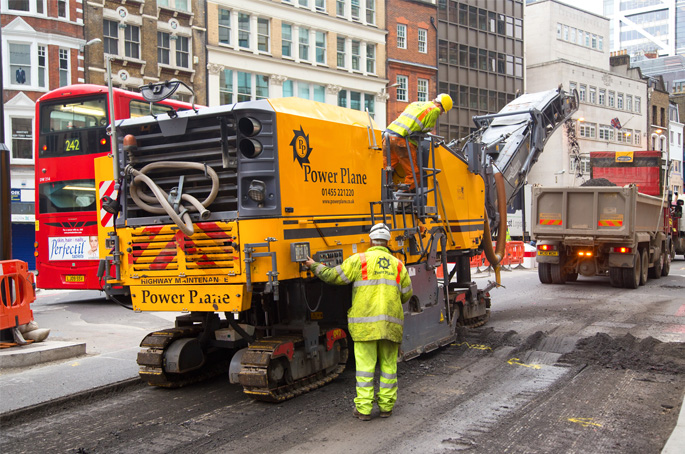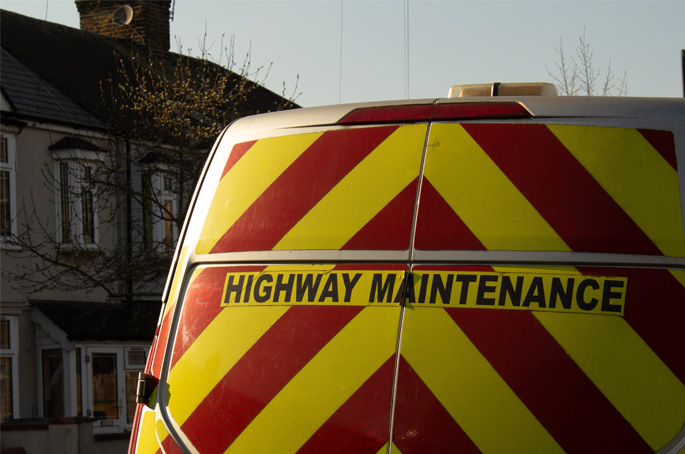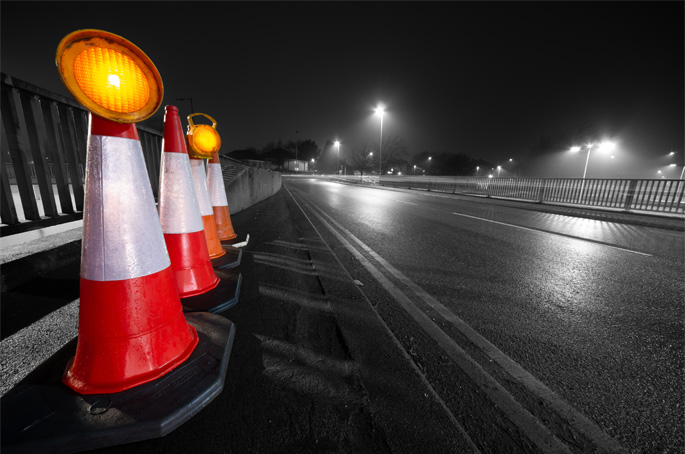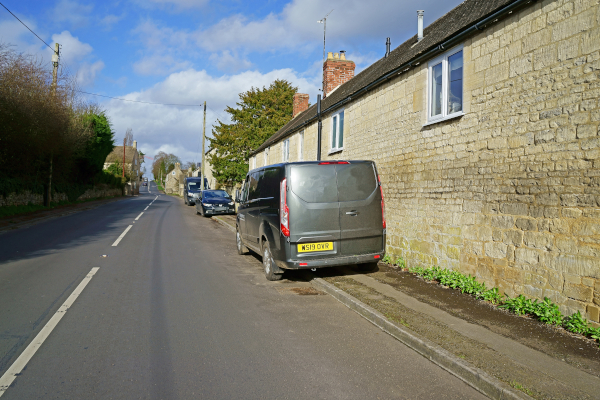New data from Transport for London (TfL) has revealed a significant drop in deaths and casualties on the capital's roads following the introduction of key safety regulations for heavy goods vehicles (HGVs) in 2019.
The data shows that between 2017-2019, there were an average of 17 deaths in collisions involving HGVs per year in London. Then, following the introduction of the Direct Vision Standard (DVS) and HGV Safety Permit Scheme by TfL six years ago, the capital saw these figures fall to 11 per year on average between 2022-2024.
Announced during this year's Road Safety Week, the figures also show that the average number of people seriously injured was reduced from 71 per year to 35 per year on average during the same periods (2017-2019 and 2022-2024).
Lilli Matson, TfL's chief safety health and environment officer, said: ‘Since we introduced London's pioneering Direct Vision Standard, on average six fewer people have been killed and 21 fewer people have been seriously injured in collisions with HGVs every year. That's dozens of lives saved, and hundreds of people whose families and friendships have not been shattered by the serious injury or death of a loved one.'
The DVS is a world-first requirement that measures how much an HGV driver can see directly through their cab windows and assigns a star rating from zero (limited) to five (good) based on this.
These star ratings are based on the vehicle model and indicate the level of risk to other road users. All HGVs have to secure a safety permit to operate in most of Greater London, and those models that have a zero, one or two-star rating are required to install a Progressive Safe System (PSS) demonstrating extra safety features.
These features include: camera systems, class V or VI mirrors, warning technology, external signs and side under-run protection to eliminate blind spots and protect others around the vehicle while it is in operation.
TfL strengthened DVS requirements even further in 2024 by requiring all HGVs over 12 tonnes to have a three-star rating or fit PSS measures.
However, TfL said that ‘more work is needed to keep Londoners safe', adding that it will continue to monitor collision data to understand the impact of the DVS.
TfL has also deployed its own enforcement team alongside the police to ‘help organisations make deliveries safely in London' by monitoring the road network to confirm required safety equipment has been fitted and is working correctly.
Mayor of London, Sadiq Khan, said: ‘Making London's roads safer for everyone is a key priority and I'm proud to see this new data showing that my Direct Vision Standard is helping to save lives in London.'
Ross Moorlock, CEO of Brake, the road safety charity, said: 'We know that modern vehicle technology has the potential to have a transformative impact on the number of people killed and injured on our roads and we're delighted to see TfL taking action to make vehicles safer, which is what this year's Road Safety Week is all about.'

